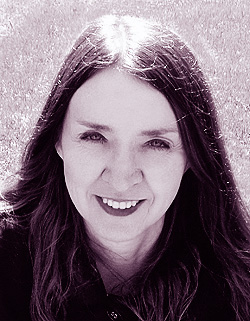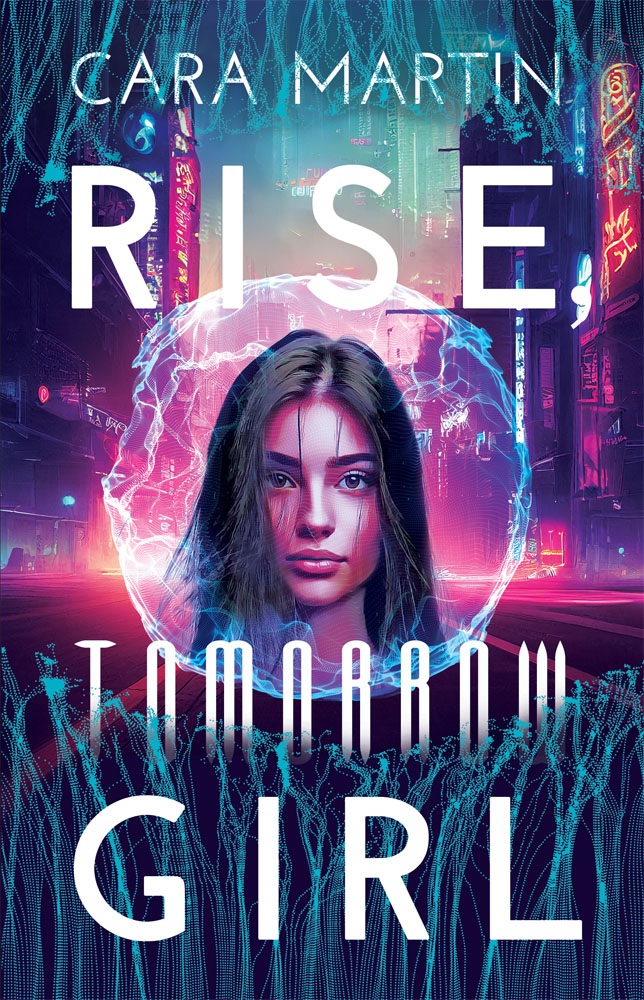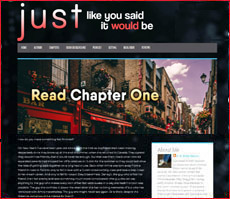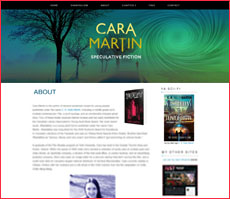To me, this seems to be solid advice in any number of situations: Don't panic because you'll look like prey.
When my first book was accepted for publication in 2006 the publishing environment was very different than it is today, only a few short years later. The rise in popularity of e-books has significantly changed the publishing landscape. For one thing, there's tons more piracy (and most writers make very little money to begin with so that's extremely bad news). A 2011 poll of French readers found that 27% of ebook readers reported that they got their content from pirate sites. Another 2011 Digital Entertainment Survey showed the "advent of eBook readers has increased illegal downloading activity across the board: 29 per cent of eReader and 36 per cent of tablet owners of all ages, both male and female, admit piracy."
To be honest, I have trouble understanding some readers' willingness to download (and even post) pirated copy of books. It doesn't take much insight to realize that if you don't financially support books there'll be less choice in reading materials in the future. Worried publishers, seeing diminishing returns for many, many books, will award less contracts and writers that aren't perceived to be writing the next Hunger Games or The Help will be out of luck. Some may self-publish (with varying degrees of success and still facing piracy in that arena) and some, in time, may be forced to stop writing almost entirely, bruised by financial realities—the need to feed themselves and their families. Surely if you're a reader, you'd want a certain diversity and depth of reading material to be available to you in the future. You'd think, right? But it seems that a significant percentage of readers are woefully short-sighted on this point.
Piracy aside, this is the year that Borders disappeared from the United States, leaving a single big national bookstore chain in place, Barnes and Noble. Even before Borders went bankrupt Barnes and Noble had way too much power— influencing book covers, titles and sometimes even the content of books. But now if Barnes and Noble decide not to stock your book it's a bigger concern for writers than ever. There may not be an indie store around for miles and they just don't get the traffic that Barnes and Noble do (if you have the chance, please give indie bookstores all the traffic you can!). At times it may in fact be easier for readers to find pirated copies of your book online than physical copies of your novel on bookstore shelves (head slap!).
Too, when my first book, I Know It's Over, was released contemporary young adult books were in much greater demand than they are now. These days, while there are still some contemporary YA books kicking around at Barnes and Noble, their shelf and table space is puny compared to that awarded to more escapist fare—paranormal, fantasy and dystopian fiction for teens. Not that I have anything against books that offer an escape from reality but I do have a problem with those books being supported by publishers and chain booksellers to the exclusion of almost anything else.
And this is the place I find myself at the end of 2011, a writer who wants to continue to pen books for young people (realistic contemporary books mainly but other things too. A little of this, a little of that, whatever inspires me at a particular time) despite not having any hit novels to my name at a time when the industry feels like it's standing at the edge of a hill, beginning to cascade down the side like a runny egg.
A writer could get very nervous thinking about it all and then there's the shaky state of the economy in general and the fear that every year we delay getting serious about combatting climate change puts our collective future in greater jeopardy. There's alot to worry about for all of us, no question, but the act of worrying isn't actually helpful in the least so in 2012 I'm adopting a WWII slogan Britain's Ministry of Information came up with way back in 1939. Given the anxiety of the current times it's easy to see why it's become popular again.
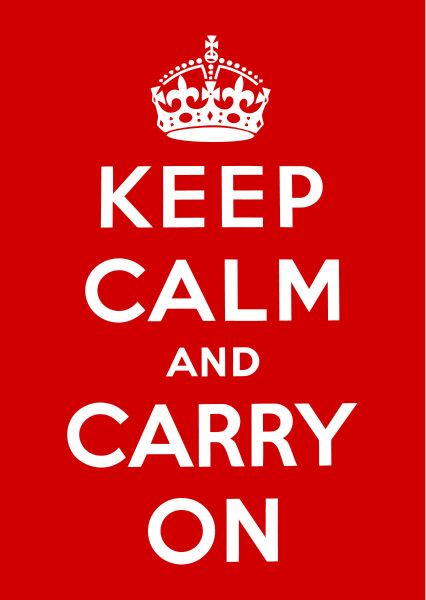
I don't normally make New Year's resolutions and I'm not even sure this is one exactly but in 2012 I plan to take Margaret Atwood's and the British Ministry of Information's advice. I'm not sure what the publishing industry has in store for me, or any of my fellow writers this year—or what the slippery global economy has in store for any of us either—but soldier on with me, folks. We'll have to get more creative in working around our problems than we've had to be in the recent past. Much more, I imagine. But we can do that. Our species happens to be quite talented at adapting once we put our minds to it.
Keep calm and carry on.

